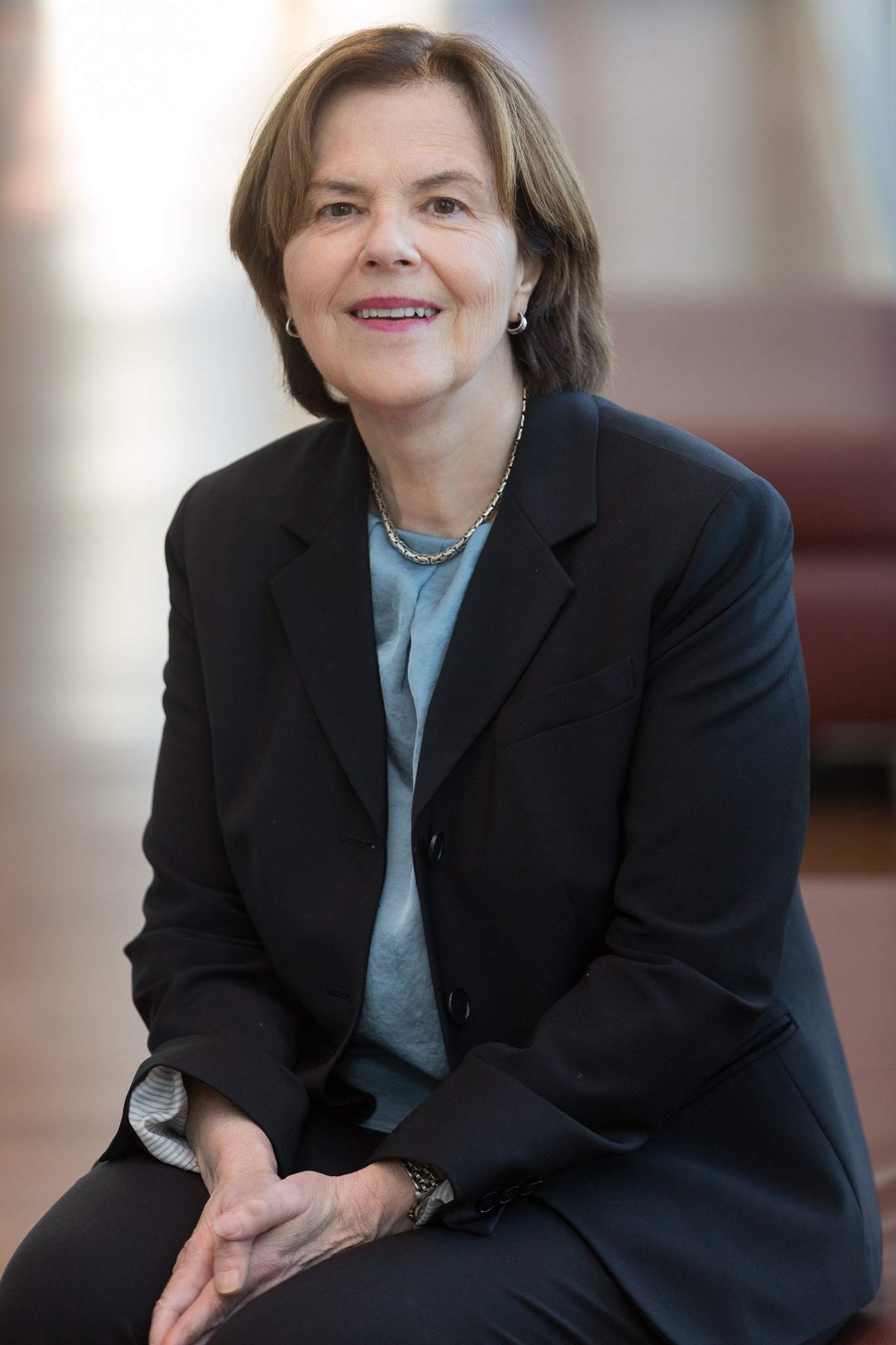Linda Wharton
I hope that each of us will do what we can to contribute to completing the unfinished work of the movement to achieve full constitutional equality for all women. That’s the best way of honoring the legacy of our constitutional foremothers.
Linda J. Wharton, professor of Political Science at Stockton University, has taught and lectured about issues of gender equality throughout her academic career due to her legal career and background. She served as the Board Chair of the National Women’s History Alliance and currently serves on the ERA Coalition’s national Legal Task Force.
Today (August 18, 2020) marks the centennial of the ratification of our Constitution’s 19th Amendment, guaranteeing women the right to vote in all states. It’s a truly momentous occasion and one that must be celebrated and acknowledged. I am personally awed and inspired by the accomplishments of the suffrage movement that resulted from decades of advocacy and hard, hard work by a huge, diverse group of women.
Yet, its legacy is complicated. While the 19th Amendment immediately secured voting rights for some women, others, including many Black women, were systematically kept from voting for decades. And, of course, egregious forms of voter suppression continue today. The movement was also marred by racist tactics and politically expedient compromises by some white suffrage leaders. So, while it’s a day to celebrate, it’s also a day to reflect on this history and learn from it so that we do not repeat its mistakes.
Moreover, the 19th Amendment’s guarantee of gender equality is limited to the specific context of voting. Fortunately, in January, Virginia became the 38th state to ratify the Equal Rights Amendment, an amendment that would extend protection for gender equality beyond the voting context to all aspects of citizenship and provide a constitutional foothold for strengthening protection in areas such as pregnancy and parenting discrimination and sexual harassment in education and the workplace. Most of the world’s constitutions guarantee sex equality. It’s truly shameful that the US Constitution does not.
I hope that each of us will do what we can to contribute to completing the unfinished work of the movement to achieve full constitutional equality for all women. That’s the best way of honoring the legacy of our constitutional foremothers.
This Voice was originally published in 2020. At the time of publication, and presently, Wharton is a professor of Political Science.
Related Articles:



